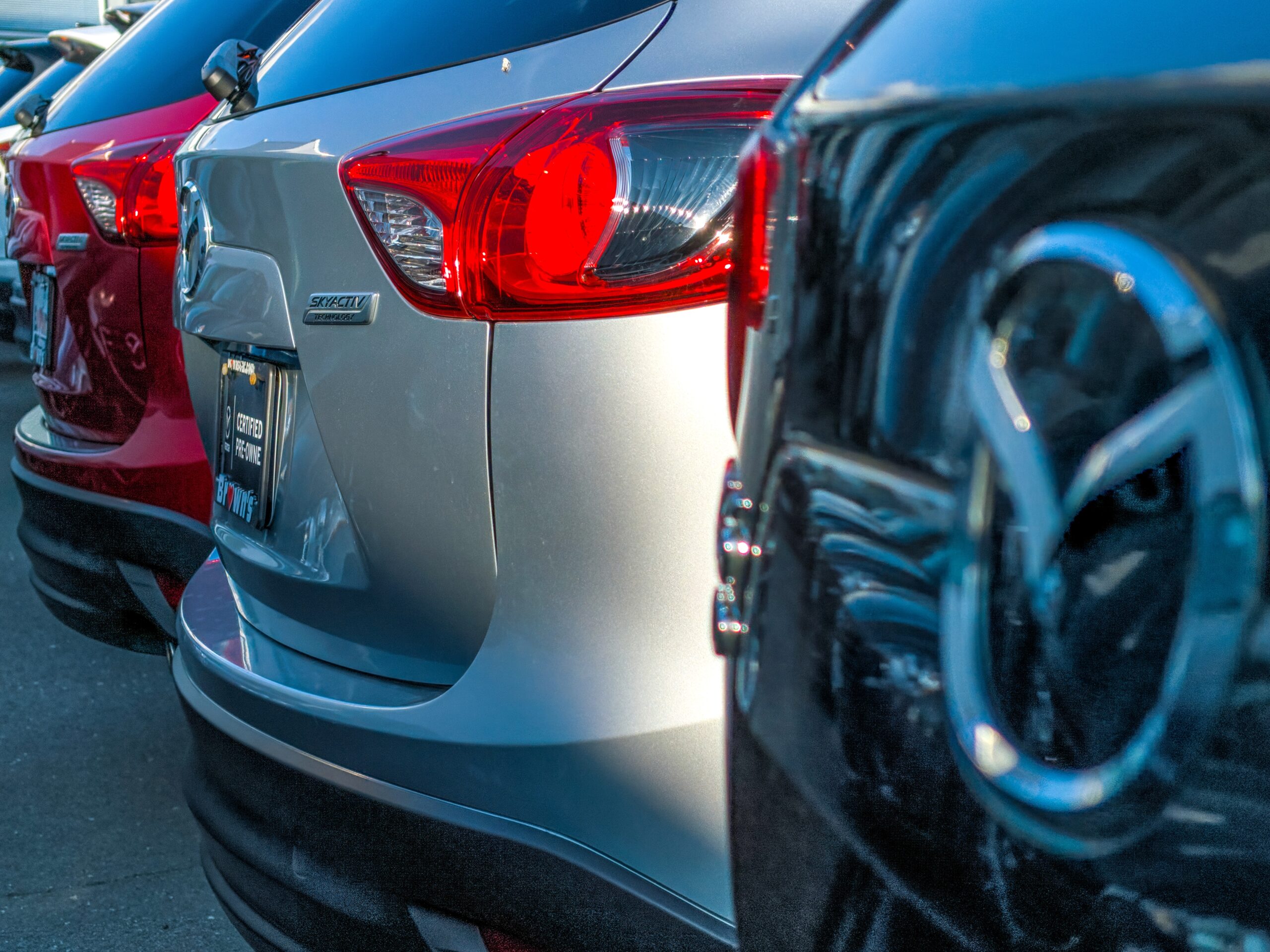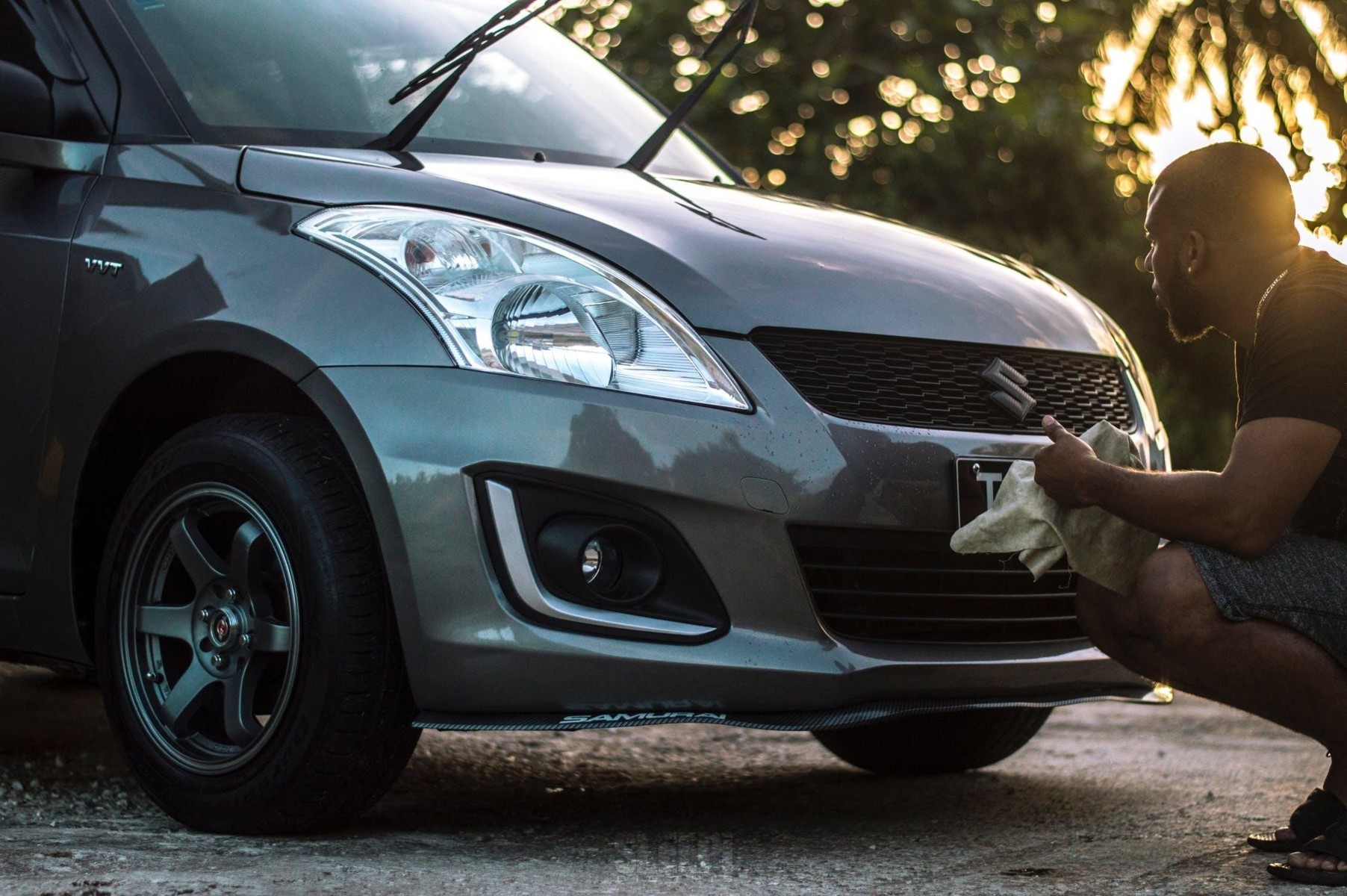What to Know About Rolling Over Your Car Loan
We may not all be like Alex Fasulo, a suddenly famous freelance writer that paid off her $50,000 Jeep Wrangler in cash—but that’s why a car loan exists. Auto loans are widely considered to be a type of good debt in the U.S., especially when you manage to get a low interest rate. However, they can get tricky if you trade in your vehicle before it’s paid off.
If you have yet to pay off your car but you’re ready to trade in your ride, you may have the option of rolling over your existing loan. That’s not the only option by any means, but it’s definitely on the table in most scenarios. Here’s what’s involved in rolling over your car loan—and precautions to take before deciding to do so.
Rolling over your car loan: What does it entail?
If you go to the dealership to trade in your existing car (which is not paid off yet), they’ll offer to roll over the negative equity amount into your new loan. This is called rolling over your car loan.
Basically, this means you end up with a dual car loan, one that involves paying off your old car (minus the trade-in value) plus the money it requires to finance your new vehicle. In many cases, the new vehicle will be more expensive. This can result in what’s called an “upside-down loan” where the loan value exceeds the value of your asset (aka the new car). This can be dangerous when high interest rates are involved because it can become increasingly difficult to get out of debt.
Folks only roll their loan over if they trade in a car. Keeping your old car (say, for a teenager or someone else) and also buying a new one would require getting a separate loan for the new asset. Additionally, selling a vehicle independently would get you the full remaining equity of the old car, which you could use to pay off that car’s loan.
Factors to consider when determining whether you should roll your car loan over
For some, rolling over a car loan may be the right solution. However, many working class drivers often take an alternative route, like selling a car independently, setting up a few-year lease agreement or refinancing. There are a few key questions you can ask yourself to determine if it’s a smart solution for you.
Who’s doing the lending?
If you’re getting the loan from the dealer, you may want to consider some additional lending sources. Perhaps there are more suitable loan setups out there that will help you get out of debt (even the good kind of debt) faster.
Can you make more money by selling your car independently and paying off the loan?
Selling your car independently can be lucrative, especially if you take good photographs and spruce your ride up before it’s ready to roll. You can put that money toward a new car and not be burdened by an upside-down loan. You’ll already have cashed out on the remaining equity of the vehicle, however diminished in value it may have been.
Can you get a better interest rate with a new loan?
A high interest rate on a rolled-over loan can be particularly dangerous given the nature of the loan’s high balance. Make sure you can’t get a better interest rate elsewhere, like a credit union or even a bank.
Always negotiate the invoice price, even when rolling over your loan
Don’t get so caught up about the logistics of the car loan that you forget to negotiate the value of your new vehicle. A lot of people don’t realize that vehicle prices are negotiable. You can get a few thousand off the MSRP if you do your research, whether you’re dealing with a lease or a purchase. By negotiating the invoice price of your new vehicle down, you could actually be avoiding an upside-down loan. (Granted, you’d need to be close to having paid off your old car for that to be possible, but it doesn’t require a fully debt-free scenario to happen.)
All in all, there are a lot of other options available to you besides rolling over your car loan. If you do decide to take that path, keep in mind the questions above for a seamless transition.
















